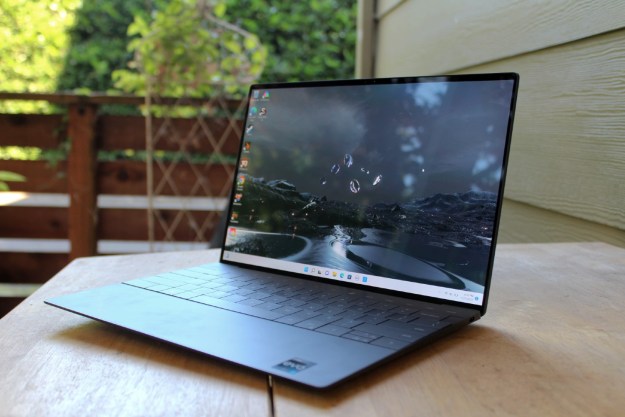
Users of older Lenovo laptops should beware of a security flaw that may affect their PCs, particularly if their laptops are still running a program called Lenovo Solution Center.
According to Laptop Magazine, security researchers at Pen Test Partners have discovered a security vulnerability that could effectively “hand admin privileges over to hackers or malware.” And since the flaw affects Lenovo laptops that came pre-installed with the Lenovo Solution Center program, millions of older Lenovo laptops could be affected by the flaw. This is because Lenovo
Pen Test Partners published its own post about the flaw on Thursday, August 22. In the post, PTP described the flaw as a “privilege escalation vulnerability” which allows the use of a DACL (discretionary access control list) overwrite bug and a “hardlink” (pseudo) file to let “the low-privileged user take full control of a file they shouldn’t normally be allowed to. This can, if you’re clever, be used to execute arbitrary code on the system with Administrator or System privileges.”
Lenovo issued its own security warning about the flaw on Tuesday, August 20. In this statement, Lenovo said that the flaw affected devices running Lenovo Solution Center version 03.12.003 and recommend that Lenovo users should go ahead and uninstall Lenovo Solution Center (which is no longer supported) and “migrate to Lenovo Vantage or Lenovo Diagnostics.” Lenovo’s security warning statement also included instructions on how to uninstall Lenovo Solution Center for devices running Windows 10, Windows 8, and Windows 7.
It’s also worth noting that in its post, Pen Test Partners also noted a discrepancy involving the actual end-of-life date for the Lenovo Solution Center program:
“Whilst Lenovo were responsive to my disclosure, when we reported this to them back in May, their LSC download page noted that the tool went end of life in November 2018…But just after their disclosure went out, we noticed they had changed the end-of-life date to make it look like it went end of life even before the last version was released. Their own vulnerability advisory states: ‘Lenovo ended support for Lenovo Solution Center and recommended that customers migrate to Lenovo Vantage or Lenovo Diagnostics in April 2018.’… yet the last release of LSC was on 15th October 2018 … Could it be a typo, or were Lenovo trying to cover their tracks? Misleading and strange.”
The Register asked Lenovo about the end-of-life date discrepancy and the laptop manufacturer responded with the following statement:
“It’s often the case for applications that reach end of support that we continue to update the applications as we transition to new offerings is to ensure customers that have not transitioned, or choose not to, still have a minimal level of support, a practice that is not uncommon in the industry.”
Digital Trends has reached out to Lenovo for comment, and we’ll update this article once we receive a response.
Editors' Recommendations
- Does your Mac need antivirus software in 2024? We asked the experts
- The 5 weirdest laptops ever made that you forgot existed
- Dell vs. HP: Which laptop brand is best for your needs?
- Buying a gaming laptop? These are the brands to trust
- The upcoming Windows ARM laptops may have surprisingly powerful GPUs


